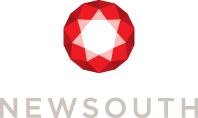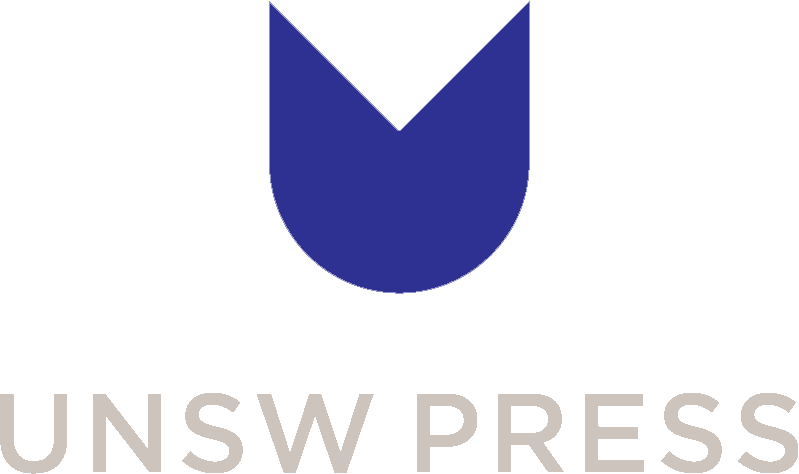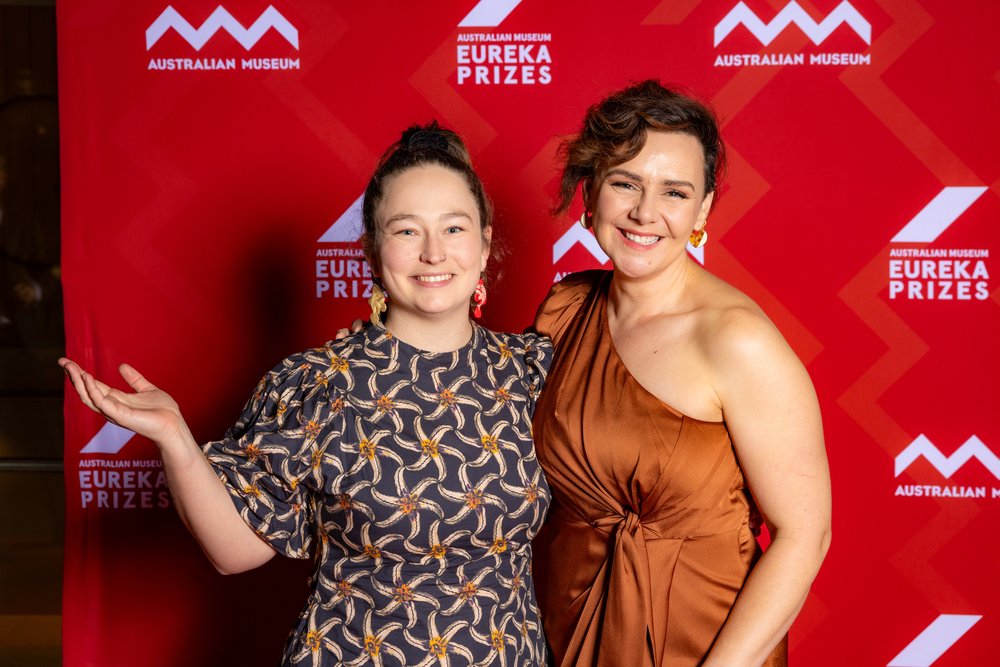Calling all science storytellers!
Entries are now open for The Best Australian Science Writing 2025 and the UNSW Press Bragg Prize for Science Writing 2025.
Every year this anthology brings the bright sparks of Australian science writing to enthusiastic readers. Now in its fifteenth year, each edition is carefully crafted by a different editor or editors. And this year science journalist and broadcaster Tegan Taylor and journalist and science author Zoe Kean are delighted to be taking the reins as co-editors.
Zoe says, ‘Great science writing empowers the reader, helping them to understand their own health, cast informed votes and feel more connected to the world around them. I am looking for diverse stories that help guide audiences bravely into new intellectual terrains.’
Tegan says, ‘Science writing lets us peer, amazed, at discoveries people have spent their whole careers revealing. I’m excited to read stories that give me that giddy sense of wonder about the universe we’re lucky to be alive in – as well as those about downright weird science that has me gasping ‘wait, what?’’
Publications like The Best Australian Science Writing are more important than ever. The media landscape is fragmenting, and audiences’ trust in journalism, science and institutions are declining. Scientific literacy on topics such as health, climate and technology will be crucial if our communities are to thrive. In this challenging context it has been heartening to see science writers across the country rise to the occasion over the past year.
The media landscape may be fractured but there is still an appetite for good science writing. It also has an unexpected upside: science journalists are determined to get their work out there, meaning science stories are coming from more diverse voices and publications than ever. And it's not just the journos at it. Part of what it is to be a scientist now is to be a communicator. This has been reflected in the quality and quantity of science writing produced by working researchers.
Tegan and Zoe will be looking for writing across genres, from poetry to essays, features to news articles, opinion pieces and science stories that defy definition. They encourage submissions from established and emerging voices from a range of professions. Pieces must have been published in print and/or online in Australia or globally between 1 January 2024 and 31 March 2025. Authors must be Australian residents or Australian citizens living overseas. The closing date for entries is 31 March 2025.
Entries published between 1 April 2024 and 31 March 2025 are also eligible for the 2025 UNSW Press Bragg Prize for Science Writing.
The Bragg UNSW Press Prize is named in honour of Australia’s first Nobel Laureates, William Henry Bragg and his son, William Lawrence Bragg and it celebrates excellence in science communication. With the support of UNSW Science and the Copyright Agency Cultural Fund, UNSW Press will award a first prize of $7000 for the piece of non-fiction writing that best communicates science to a general audience. Two runners-up will each receive a prize of $1500. Winning entries will be included in NewSouth’s anthology, The Best Australian Science Writing 2025.
Please submit your work for consideration to scienceprize@newsouthpublishing.com by 31 March 2025.
Download an entry form for The Best Australian Science Writing and the Bragg Prize. More information can also be found here.


